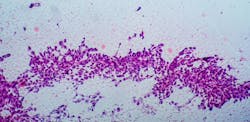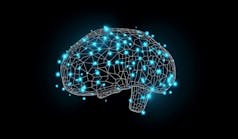ChatGPT has potential to help cirrhosis, liver cancer patients
A new study by Cedars-Sinai investigators describes how ChatGPT, an artificial intelligence (AI) chatbot, may help improve health outcomes for patients with cirrhosis and liver cancer by providing easy-to-understand information about basic knowledge, lifestyle and treatments for these conditions.
The findings, published in the peer-reviewed journal Clinical and Molecular Hepatology, highlight the AI system’s potential to play a role in clinical practice.
To verify the accuracy of the AI model in its knowledge about both cirrhosis and liver cancer, investigators presented ChatGPT with 164 frequently asked questions in five categories. The ChatGPT answers were then graded independently by two liver transplant specialists.
Each question was posed twice to ChatGPT and was categorized as either basic knowledge, diagnosis, treatment, lifestyle or preventive medicine.
Study results include:
- ChatGPT answered about 77% of the questions correctly, providing high levels of accuracy in 91 questions from a variety of categories.
- The specialists grading the responses said 75% of the responses for basic knowledge, treatment and lifestyle were comprehensive or correct, but inadequate.
- The proportion of responses that were “mixed with correct and incorrect data” was 22% for basic knowledge, 33% for diagnosis, 25% for treatment, 18% for lifestyle and 50% for preventive medicine.
The AI model also provided practical and useful advice to patients and caregivers regarding the next steps adjusting to a new diagnosis.
Still, the study left no doubt that advice from a physician was superior.





